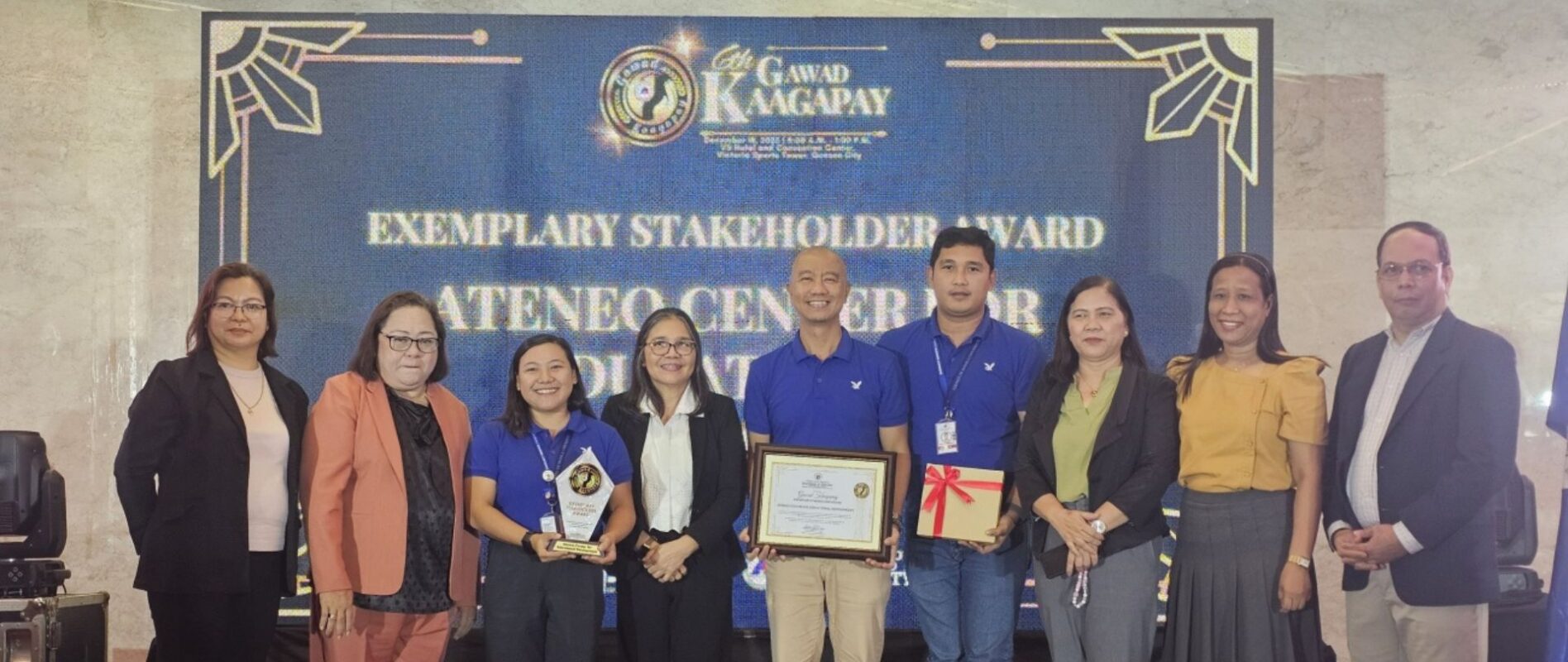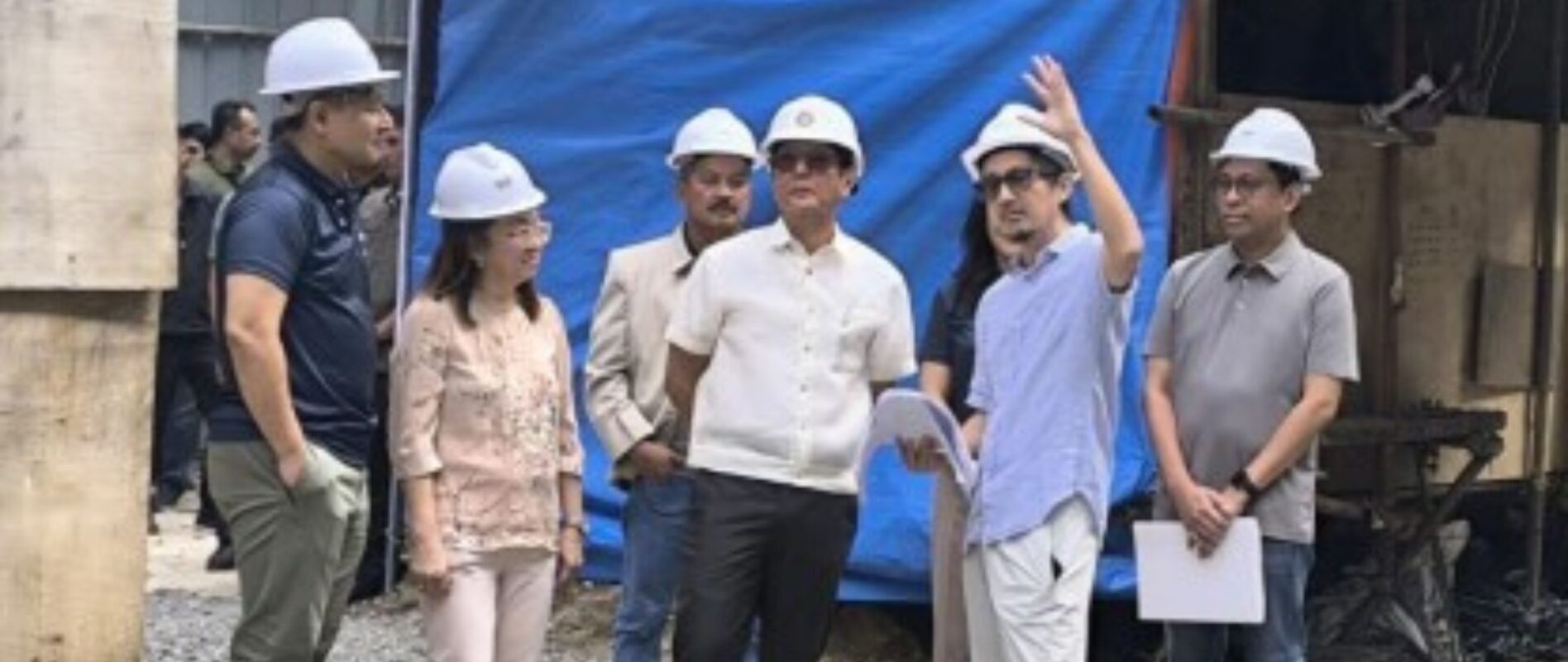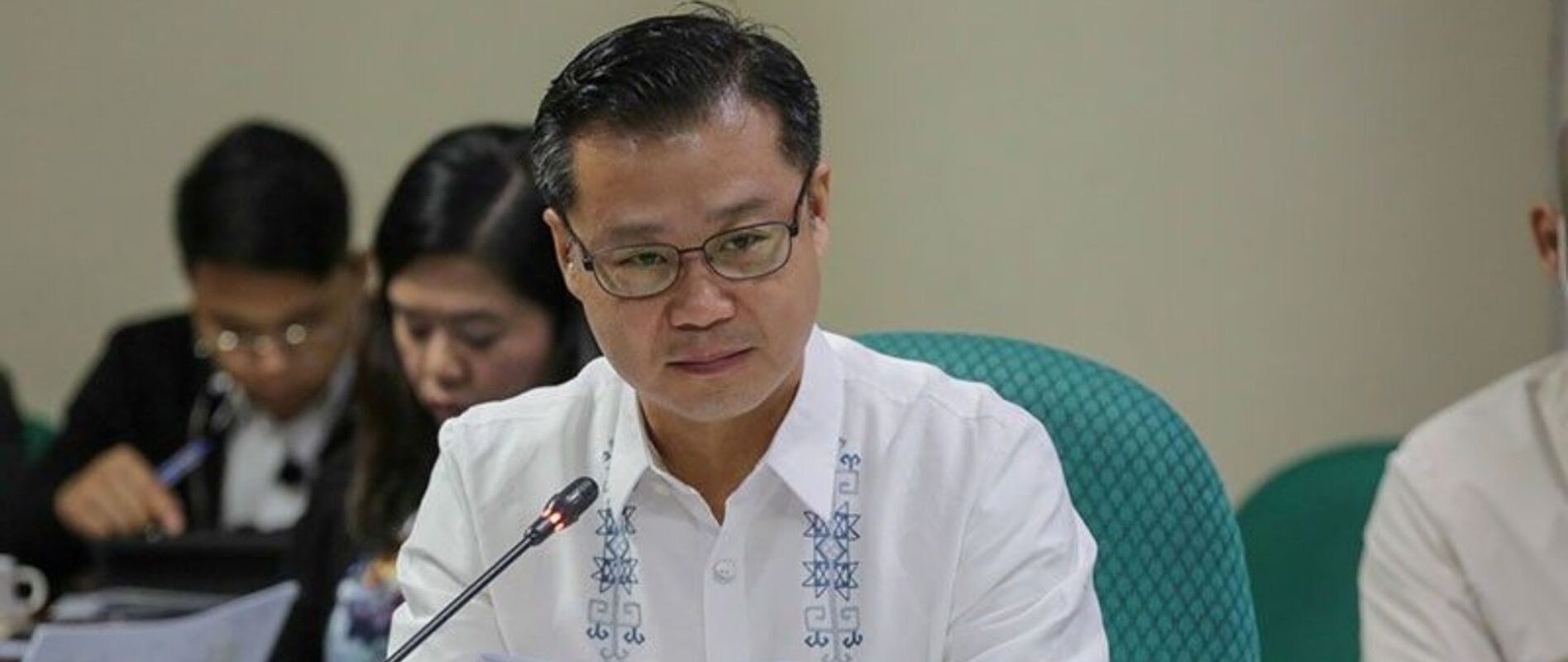SENATOR FILES BILL TO CREATE UP NATIONAL CLIMATE RESILIENCE INSTITUTE
SENATOR Bam Aquino has filed a bill seeking to transform the University of the Philippines Resilience Institute into a fully funded University of the Philippines National Climate Resilience Institute (UP NCRI), envisioned as the country’s premier scientific hub for disaster risk management and climate adaptation.
Senate Bill No. 1357, or the proposed University of the Philippines National Climate Resilience Institute Act, aims to strengthen the Philippines’ capacity to address climate change and natural disasters by establishing a permanent, nationally funded research center dedicated to resilience planning and policy development.
Aquino cited the Philippines’ extreme vulnerability to climate hazards, noting that the country ranked as the most at-risk nation in the 2023 World Risk Index due to frequent typhoons, exposure to natural disasters, and limited adaptive capacity.
“The climate crisis is no longer a distant threat—it is here and worsening. We need a permanent, science-based institution to lead our resilience strategy,” Aquino stressed in his explanatory note.
Under the bill, the UP NCRI will serve as the national hub for research and innovation on disaster risk reduction, climate adaptation, and long-term resilience planning.
The institute will:
Conduct policy and action research to guide government decision-making and integrate scientific data into national and local disaster risk governance;
Develop early warning systems, predictive analytics, and digital tools to strengthen emergency operations, recovery planning, and community preparedness;
Establish a Resilience Knowledge Platform as a centralized public repository of data, best practices, and planning tools for local government units and stakeholders;
Provide training and educational programs to enhance the capabilities of local governments, national agencies, and community organizations.
The proposed institute will receive direct appropriations under the General Appropriations Act, ensuring stable funding for research, staffing, and nationwide projects. Its mandate also includes collaborating with LGUs, civil society groups, universities, and the private sector to translate scientific findings into actionable local solutions.














